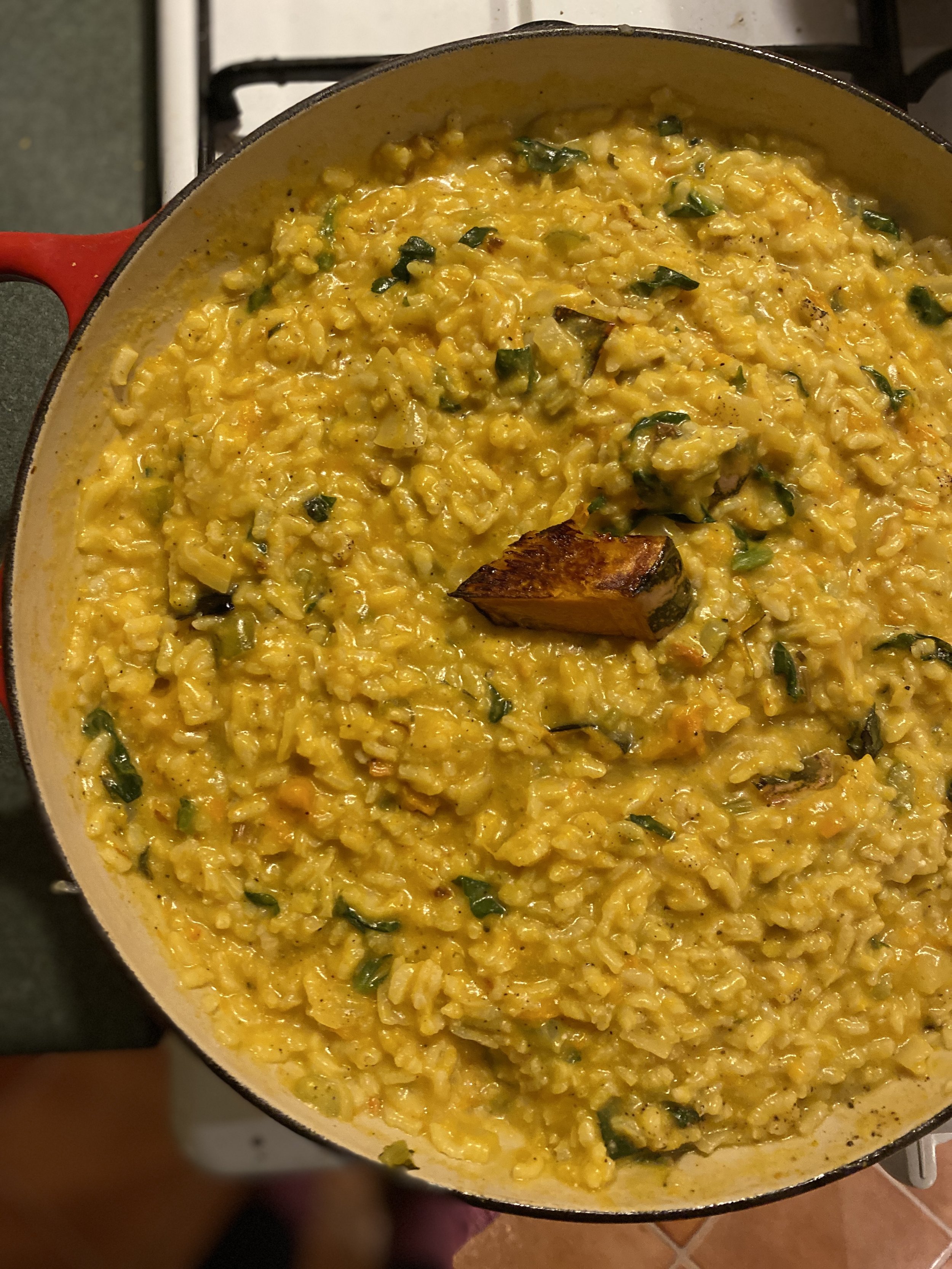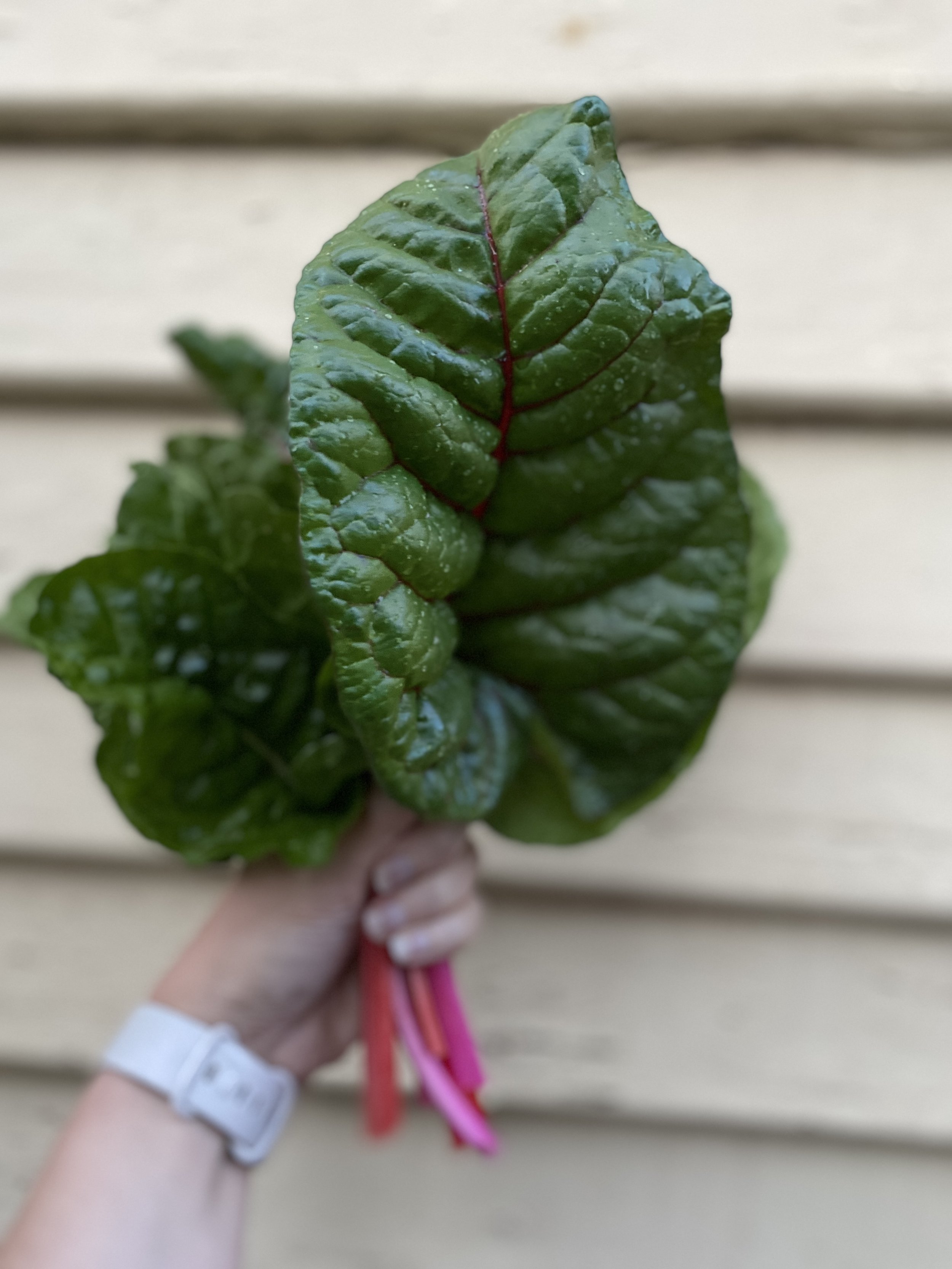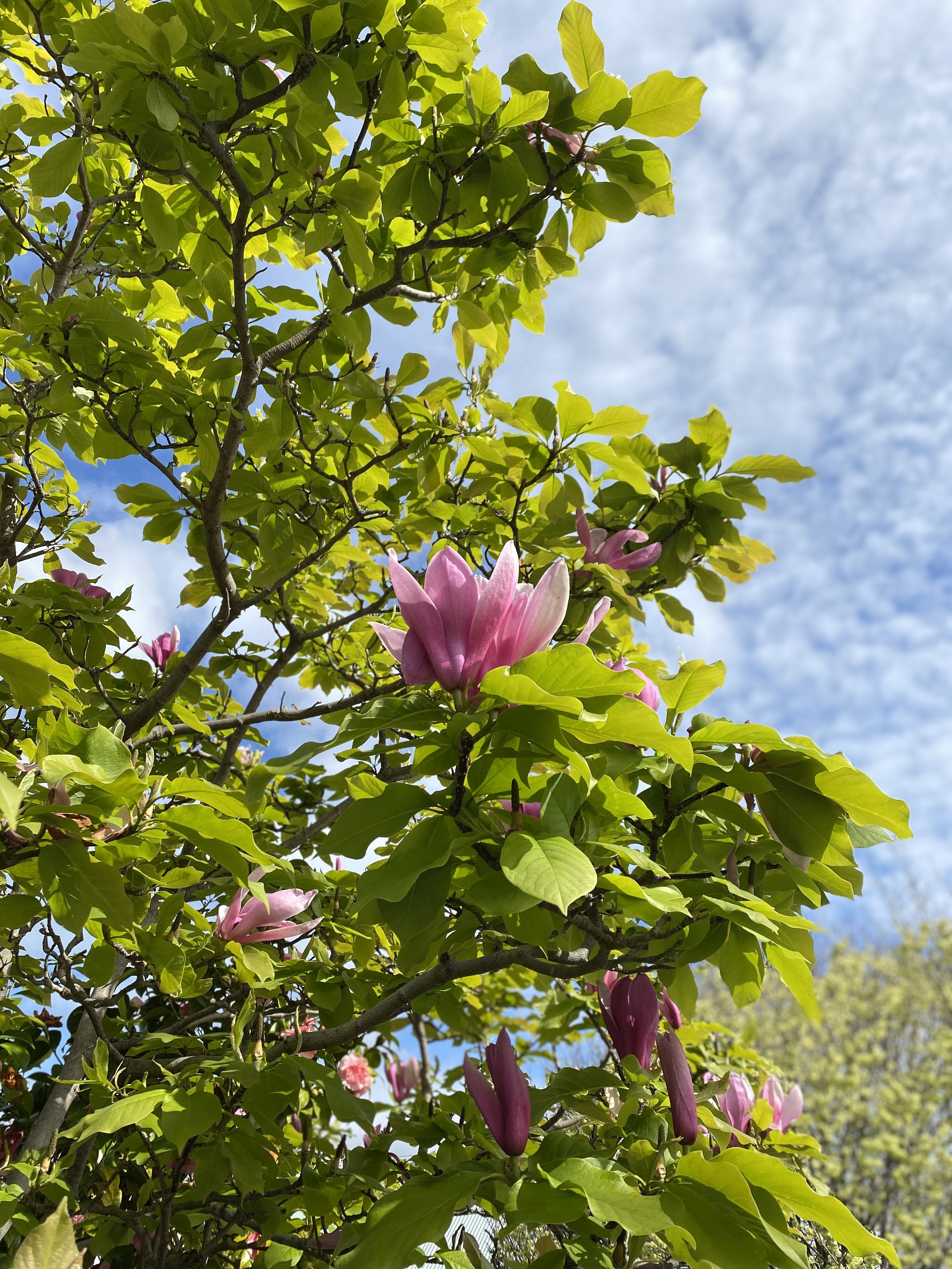The usual excuses, my friends! I seem to have blinked and it’s another Friday. And how is it October tomorrow?! I promise I will get back to more regular posting soon. I have two weeks to catch you up on, though there hasn’t been anything too exciting to report. Except…
Favourite experience of the last two weeks
The birth of and meeting my new nephew. Holding him, stroking his silky cheeks and downy head, marvelling at his tiny ears and fingers with those miraculous little specks of nail on them, watching his eyes flutter open and look at me. He is beautiful. I can’t wait to get to know him.
Reading
While it feels like I’ve been working non-stop (and I have!), I’ve also been reading a lot. My brain feels like it’s had some hearty meals.
I read Blueberries by Ellena Savage which I thought was excellent - so inventive, clever and affecting. I watched quite a bit of Parks and Recreation while I was reading it so somehow found myself reading this book in the voice of April Ludgate as it’s quite dry and cynical in its humour (I thought), which added to my enjoyment (though some parts of it, the first essay in particular, are not funny at all). At the same time, it’s so poetic and fragmented, and really pushes your perceptions on what you expect to find when you pick up a memoir. In fact, I started the book halfway through, because I opened the book at random and was so intrigued by what I saw, I read from there, and then went back to the beginning…which added to the slight disorientation, never quite knowing what to expect. What does it mean to write about yourself, your body, your traumas, the way you live in the world? These are questions which, on reflection, I’d like to have grappled with in a more intellectual way in my past work. The toothpaste is already out of the tube in that regard but these questions still really interest me and I love seeing how other writers play around with them. Savage is really clever and creative in how she straddles self-enquiry and enquiry about the world at large. I really loved it!
I also read Nightbitch by Rachel Yoder which I devoured in mere days. I was intrigued by a mention of it in one of Jen Campell’s videos and thought I’d check it out at the library. All I have to say is WOW. It’s a very clever and utterly surreal novel that has an element of fairytale about it (which are, after all, incredibly dark stories). It’s about an exhausted, rage-filled mother of a young child who starts turning into a dog. As in…she is literally turning into a dog. She starts growing fur, prowling the neighbourhood at night, killing small prey, and eating a lot of meat. Even her child gets in on the act! It was quite a trip to read this on Day 1 and 2 of my cycle, I have to say! Of course, it is an extended metaphor and a very, very clever one. I think every woman, mother or not, can relate to that rage that is so deep it’s in your bones at the sacrifices and behaviours that are expected of us, with or without children. Fabulous. Highly recommended!
I also started reading A.S Byatt’s latest short story collection Medusa’s Ankles which I’ve been dipping in and out of - again, very surreal fiction set in a recognisable world.
The Guardian: I enjoyed this piece on Lena Dunham, this one on writing the story of Australian history, this one on how more doctors are writing about the harsh reality of practicing medicine in this country but I particularly loved this one by writer Sarah Moss, who wrote about buying herself a small gift when at a low personal ebb:
Maybe we’re allowed to find small joys, in proportion to our situations, on a burning planet with the ancestors howling in our ears.
I was gutted to read of the death of Hilary Mantel, whose command of and passion for the craft of historical writing has had such an impact on my own work these past few years. I highly recommend all of her Reith Lectures which make for fascinating and compelling listening, in one of which she says:
You don’t become a novelist to become a spinner of entertaining lies: you become a novelist so you can tell the truth.
What an incredible human and writer she was, and what a legacy she leaves.
Sydney Review of Books: Hypocrisy, bruh! which introduced me to another (previously unknown to me) literary controversy surrounding a book I will probably never read but the real-life drama was very intriguing!
The Audacity: Not Your Gilmore Girl: A Meditation
LitHub: How dealing in facts helps fiction writers hone their craft
Listening to
Wellness Unpacked with Ella Mills: Manifesting, creating your dream life and adaptogenic mushrooms and How to lead a more fulfilled life, let go of perfection and the power of a daily gratitude practice - both very good episodes but particularly enjoyed the latter one. I should have liked to have known Sarah when I lived in the UK, I think we would have had a lot to talk about!
The Atlantic: How To Build A Happy Life: How to forgive ourselves for what we can’t change - a new to me podcast and I really enjoyed this episode.
BeWILDered: Elizabeth Gilbert gets Bewildered! Loved this one, it’s fascinating to hear what Liz has been up to and how much I relate to a lot of what she says!
The First Time: Masters Series: Sophie Cunningham - a very enjoyable window into the craft and work of a writer I have always been curious about but whose work I don’t know well. Maybe the time has come for a deep dive?
Eating (and cooking)
So many delicious things.
Creamy pumpkin risotto, pictured - absolutely scrumptious.
I made Deliciously Ella’s spiced cauliflower and cashew pilaf traybake, which was utterly divine. It’s a recipe from her new book, which I haven’t got yet - I got this recipe emailed as part of her newsletter (but I found a link online for it for you). I’ll definitely be getting the book, as hers are some of the ones I cook from the most often (and if you know me, and how many cookbooks I have, that’s saying something!).
Fennel, walnut and sun-dried tomato pappardelle from Special Guest by Annabel Crabb and Wendy Sharpe, a book on whose brilliance and delicious recipes I have waxed lyrical several times before. This is my favourite recipe from that book and one I love to make when fennel is cheap and plentiful.
Yellow split pea dhal with loads of greens from the garden and chilli - I wanted to use up a huge bag of yellow split peas that I bought during the national lockdown of 2020 when red lentils were nowhere to be seen. This cook-up helped me stock the freezer and the dhal was so nourishing and warming.
Speaking of a cook-up, I made Jamie Oliver’s pasta e ceci soup and a loaf of bread for my sister and her family for when they brought the new baby home from the hospital. I’m planning on making a vat of that soup for us too, as the sample I tasted for seasoning was very delicious indeed!
Vegan sausage rolls to watch the Grand Final with….which we ended up not watching much of at all! Sob!
We cheered ourselves up with nachos for dinner, which were heavenly as always. I used wombok cabbage instead of lettuce for a winter variation and we didn’t have any avocado in, but oddly that seemed not to matter - in fact, Tom told me he preferred it without.
I’ve also discovered Biscoff spread which is somehow vegan (how?!) and has proved to be very dangerous indeed. I made a version of peanut butter cups with it (with Biscoff instead of peanut butter, obviously) all of which disappeared far too quickly. I also made a vegan chocolate cake for a celebration and put dollops of the spread in the middle of the batter before baking. It was unbelievably good.
Vegan banana bread also made. It’s compulsory when there are spotty bananas in the fruit bowl, am I right?
Watching
We finished the whole series of Parks and Recreation for perhaps the second time this year. One of my favourites!
We finally watched the film Citizen Kane which in all honesty I had never seen - and I was astonished at how many Simpsons jokes and homages I suddenly understood, after all this time. Ahead of its time - absolutely. The greatest film ever made, as so many have claimed it to be? Not in my opinion. But worth watching all the same.
We also finished The Thick of It series which made me almost yearn for my former British workplaces in a very, very weird way. Though I don’t think I’ll ever yearn for the one that had its office inside Paddington station.
We’ve just started watching The Newsreader, which is on ABC iview here and I believe is also on BBC iPlayer in the UK. It’s just brilliant. If you liked Morning Wars (which is what it’s called here, because we have a show called The Morning Show, which is what it’s called everywhere else), you will love this - I think it’s even better, in many respects. We’re two episodes in and I’m already hooked. The series is set in Australia in 1986 and there’s something quite surreal about watching something set in a place and time when you were a young child and realising how much of it you remember.
Picking
Rainbow chard, silverbeet, cavolo nero. I also picked a big bunch of celery for my dad. In the garden itself I planted some broad beans and marked out a spot for my potatoes. Soon it will be time for spring planting!
Moving
I’ve felt like doing a lot of yoga this week - I really love Jessica Richburg’s channel on Youtube. She has a lot of lovely gentle practices. I don’t know if it’s a coincidence but ending my work day with some gentle yin yoga has also coincided with me sleeping better than usual. So I’ll be curious to keep that practice up!
Noticing
Magnolias in full bloom, everywhere. How the air when you go outside at night is fragrant with jasmine and wattle flowers. How alive everything suddenly looks and feels after a long winter. And yet, the minute you change your bedsheets back to the spring and summer ones, the nights suddenly dip back to a freezing two degrees!
Quote of the week
It had to be Hilary, of course. There were so many I could have picked but this one felt apt:
“The things you think are the disasters in your life are not the disasters really. Almost anything can be turned around: out of every ditch, a path, if you can only see it.” - Hilary Mantel
If you’d like to share your thoughts on this post, or anything else, with me, please do! Wishing you all a happy and safe weekend, filled with enjoyable things xx











